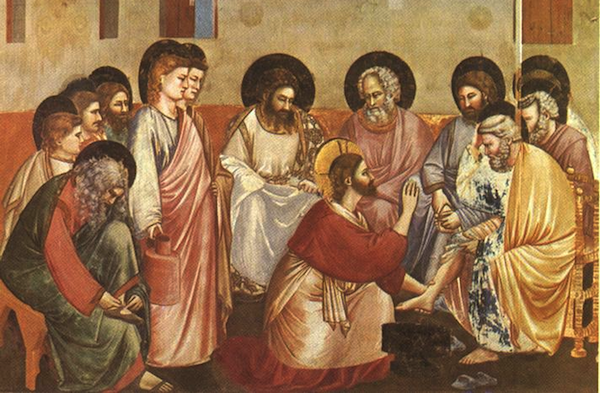The word “privilege” is tossed around a lot, often as a cudgel to casually dismiss someone’s opinion (e.g. “You’re only saying that because of your privilege”) or to ratchet up pity-points for one’s victimhood. This is why it tends to be viewed with a measure of wariness by many people. Despite its misuse, however, there can hardly be any denying the inequalities in power that the discourse of privilege illuminates. How might a Christian think creatively about “privilege” in a way that takes it seriously without giving it ultimate authority?
A neat anecdote by Andy Crouch, Executive Editor of Christianity Today and author of Culture Making, in last year’s Q conference nicely illuminates what privilege looks like. He told a story about how he was in line with 75 other Indian men, waiting to board a Saudi Airlines airplane. An airline agent noticed him and motioned for him to come to the front of the line. The agent boarded Crouch before everyone else.
Mortified, Crouch realized that he was experiencing his privilege, which he defined as the reaping of benefits for past exercises of creative power. As a Caucasian-American man, Crouch was reaping the benefits of being associated with America although he had hardly anything to do with America’s rise in global prominence through its exercise of creative power. The clincher for him was this: “How many times have I been put in front of the line and I didn’t even know there was a line? How much privilege have I enjoyed every day as I get ushered in?”
Privilege comes in all shapes and colors beyond the privilege of an American citizenship, and there is much to unpack about what a Christian approach to privilege might look like. Here are three points to chew on and start the conversation.
First, Crouch pointed out that when Jesus washed the feet of his disciples, he was displaying immense power, but interestingly, not privilege, for he used his power for service instead of self-service. In fact, whenever Jesus felt that his powerful miracles were heaping upon him privileges that he did not want, such as the position of the King of the Jews, he fled.
Second, privilege, Crouch says, is something that all Christians have as the sons and daughters of God. We have “every spiritual blessing” not due to our efforts but to Christ’s, and this is cause not to feel guilty but to celebrate and share with others.
Crouch was addressing an audience of cultural and political elites; a ticket to the Q conference costs at least four hundred dollars. Does Jesus have anything to say to those who experience the butt-end of the privilege-stick? Whose main concern is not how to manage their privilege but their victimhood?
Richard Rohr, a Francisan friar, offers these words in his book, Falling Upward: A Spirituality for Two Halves of Life.
I say this after working with people on many levels, including in the jail, as a counselor, and as a confessor. It has been acceptable for some time in America to remain ‘wound identified’ (that is, using one’s victimhood as one’s identity, one’s ticket to sympathy, and one’s excuse or not serving), instead of using the wound to “redeem the world,” as we see in Jesus and many people who turn their wounds into sacred wounds that liberate both themselves and others.
Jesus dignifies those with and without privilege, refusing to let both groups remain either passive recipients of unmerited benefits or passive victims. He is the privileged Son of God who gave it up and took on victimhood, through which he saved the world. Christ, unsurprisingly, takes the black-and-white view of privilege-and-victimhood and renders it a far richer and more nuanced picture than anything we could have imagined.
[Picture of Jesus Washing Feet from Wikipedia]












